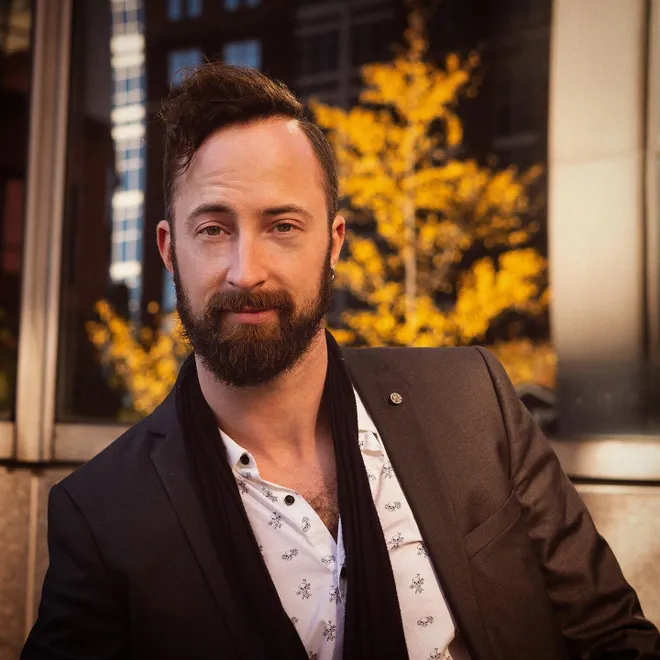“Those who fail to learn from history are condemned to repeat it.” –Winston Churchill, in a 1948 speech to the House of Commons.
October is the 60th anniversary of the Cuban Missile Crisis, that 35-day period when world powers were the closest they’d ever been to nuclear war. Today, we find ourselves in another global conflict. President Biden has warned that the world is at risk of nuclear Armageddon.
As tensions escalate following Putin’s threat to use nuclear missiles, there are lessons we can learn from the Cuban Missile Crisis. Factors that ensured our survival then are not guaranteed today.
In 1962, honorable men who showed restraint were at the helm. When President John F. Kennedy first received word that the Soviet Union had placed nuclear ballistic missiles in Cuba, the National Security Council advised Kennedy to immediately carry out an air strike on Cuban soil.
No negotiations with Soviet Premier Nikita Khrushchev. Just attack immediately.
Just as he refused to send American troops into the Bay of Pigs Invasion, Kennedy declined the air strike − refusing to take any action that would be seen as a declaration of war. Many Americans believe those decisions cost Kennedy his life.
Meanwhile, Khrushchev was also being prodded by hawkish elements of the USSR and the Castro regime. Instead, Khrushchev asked Kennedy to remove nuclear missiles from Turkey in exchange for a Soviet withdrawal of missiles from Cuba.
Kennedy and Khrushchev resisted the salivating war hounds within their administrations and reached a peaceful de-escalation of the Crisis.
It wasn’t just the two men at the top who ensured our survival. Individual commanders on the ground and in the water during the crisis showed remarkable restraint, such that is lacking today as Ukrainian forces allegedly perform sabotage and targeted assassinations in Russia and as Putin strikes civilian centers in Kyiv.
Before Kennedy and Khrushchev reached their deal, Soviet nuclear-equipped submarines were deployed around Cuba, with orders from Moscow to fire their nukes should they come under attack. While one such submarine was being depth-charged by American naval ships, Soviet Flotilla Commander Vasili Arkhipov was the lone voice of dissent in launching nukes.
He stood up to extreme pressure from the Captain of the sub, the sub’s Political Officer and the crew. It is because of Vasili Arkhipov and men like him that we are alive today.
The American people should have a say this time around
The United States has spent billions of dollars funding Ukraine’s war effort, outspending all European nations combined. As this has become a proxy war between the U.S. and Russia, the American people should have a say in it.
Given that a plurality of Americans believe the U.S. should do more diplomatically to help end the war, why is U.S. leadership not stepping up to the plate?
Are U.S. leaders on both sides of the aisle again bending to pressure from the military-industrial complex, just as they did in Iraq, Afghanistan and so many other wars funded by American taxpayers?
The difference in this war is that nuclear Armageddon is at stake. As the Doomsday Clock of the Bulletin of the Atomic Scientists ticks closer to midnight, Americans must demand de-escalation.
The United States is the only country on Earth that can bring Ukraine and Russia to the negotiating table.
On Nov. 8, vote for peace
A conflict thousands of miles away from American soil may not feel like a local issue. Yet, in the Atomic Age, any threat of nuclear war is local to us all.
That’s why we must make our voices heard this November by casting ballots for those candidates who support a U.S.-brokered negotiated settlement between Ukraine and Russia. As the war dogs in Washington push ever more aggressive foreign policy, we must be dogs of a different sort.
We must herd the public servants sworn to represent us, nipping at their heels if we must− demanding that they represent our desire for peace. Our future depends on it.
Republished with permission from Ren Brabenec, originally published in the Tennessean.

Ren Brabenec
Ren Brabenec is a Nashville-based freelance writer and journalist. He reports on politics, local issues, environmental stories, foreign policy, and the economy. For questions, comments, or to suggest a story, email, hello@renbrabenec.com.
